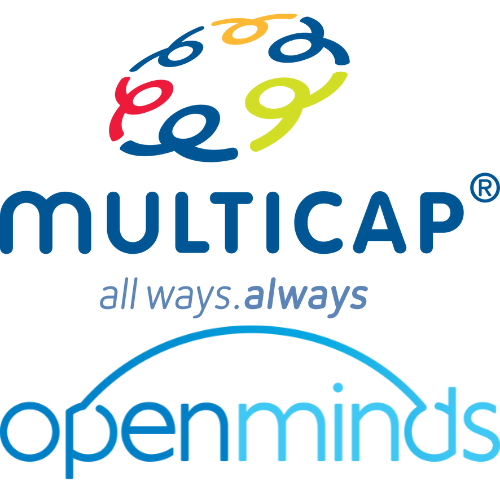
Sunday, 27 July 20259:00 - 10:15 aMHindley 3 |
Provision of Family-centred Supports for Diverse Families: How Impact Statements Guide Practitioner Support
Karen McKinnon
Autism Partnership Abstract: Family participation is a foundational component of early intervention, requiring practitioners to demonstrate expertise in family-centred supports. Australian guidelines emphasise family-centered, culturally sensitive approaches that enhance family capacity (Early Childhood Intervention Australia, 2026; Trembath et al., 2022). However, providing effective support can be complex due to the diversity of backgrounds and presentations of different families engaged in early intervention (Mead et al., 2024; Smith et al., 2023, 2024,). Traditional parent training models focusing on 'parental adherence' or fidelity may not suit vulnerable or disengaged families. The behavioural repertoire documented within the compassionate care literature offers an effective and collaborative approach behaviour analysts can adopt for culturally sensitive engagement with families (Rohrer et al., 2021; Taylor et al., 2018). Target Audience: Professionals working with families in early intervention services Learning Objectives: At the conclusion of this presentation, participants will be able to:
|
Mates, Dates and Diversity: A Behaviour-Analytic Approach to Inclusive Social Opportunities
Sarah McCluskey
Billy Cart Behaviour Abstract: The Mates, Dates and Diversity (MDD) program aims to foster social and romantic connections for individuals with disabilities and neurodivergent identities, addressing barriers to meaningful relationships. Targeting individuals in community settings, MDD applies principles of Applied Behaviour Analysis (ABA) and Social Role Valorization (SRV) to create inclusive social opportunities. The program uses evidence-based strategies like functional communication training (FCT), stimulus control, and differential reinforcement to encourage social engagement. Environmental modifications, including accessible venues and sensory supports, further enhance participation. Attendees express interest in future relationships through post-event preference assessments, ensuring continued connection. Target Audience: Behaviour Support Practitioners and Service Providers Learning Objective: At the conclusion of this presentation delegates will be able to:
|




.png)


